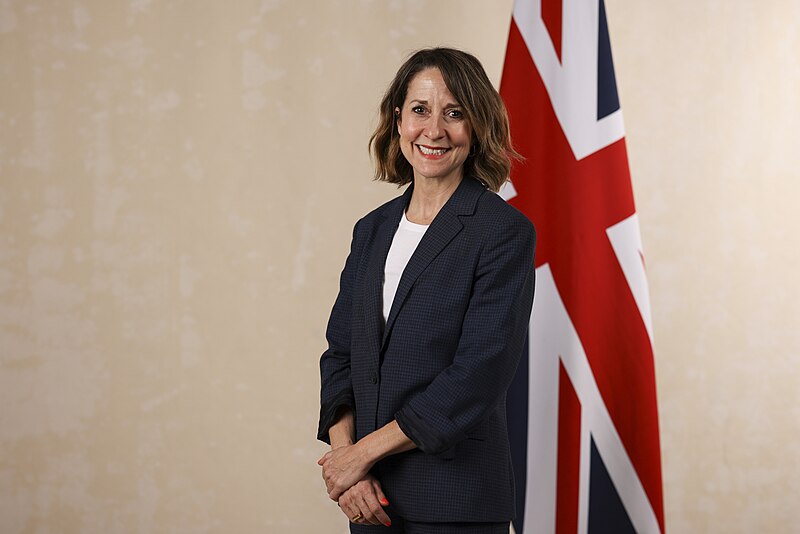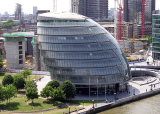
Work and Pensions Secretary Liz Kendall has revealed that NATO countries are embroiled in a “hidden cyber war” with Russia, as Moscow intensifies its attempts to destabilize the alliance and
undermine support for Ukraine.
In a significant speech planned for next week, Chancellor of the Duchy of Lancaster Pat McFadden will caution that Russia is likely to launch a series of cyberattacks targeting Britain and other NATO members. He will emphasize the importance of addressing vulnerabilities in defense systems, warning that Moscow will not hesitate to exploit them.
Speaking on Sky News’ Sunday Morning with Trevor Phillips, Kendall supported McFadden’s warnings, stating:
“There is not only the open military war with Russia as the aggressor, but there is also a hidden cyber war. Russia will do everything in its power to destabilize not only Ukraine but also NATO allies.”
She stressed the UK government’s focus on strengthening cyber defenses, adding that the threat of Russian cyberattacks demands vigilance from governments, businesses, and wider society alike:
“We have for many months … really focused on making sure we have all the protections we need, including cyber protections, because there is a threat from Russia—this hidden warfare as well as the open military aggression.”
During his speech at the NATO Cyber Defense Conference at Lancaster House, McFadden is expected to outline the scale of the Russian cyber threat. According to excerpts published by the Sunday Telegraph, he will underscore how cyber interference enables Russia to inflict widespread damage:
“Military hard-power is one thing. But cyber war can be destabilizing and debilitating. With a cyberattack, Russia can turn the lights off for millions of people. It can shut down power grids. This is the hidden war Russia is waging with Ukraine.”
McFadden will warn NATO members against underestimating the aggression and recklessness of Russia in the cyber domain. He will also highlight the role of Unit 29155, a Russian military unit linked to numerous cyberattacks across Europe, as well as unofficial Kremlin-backed "hacktivists" who operate with impunity so long as they align with Russian interests.
The speech will reference recent cyber incidents, including an attack on South Korea—a NATO Indo-Pacific partner—believed to have been carried out by a pro-Kremlin cyber gang. This attack, in retaliation for monitoring North Korean troop deployments to Kursk, serves as a stark reminder of the global reach and recklessness of such groups.
McFadden is expected to stress the necessity of bolstering protections against emerging threats, including those posed by independent cyber gangs acting with "disregard" for geopolitical boundaries. He will also highlight the potential for catastrophic consequences from a single miscalculation by such actors.
The UK government plans to ramp up its cybersecurity measures in collaboration with NATO allies. McFadden, along with senior national security officials, will meet business leaders next week to discuss strategies for protecting critical infrastructure and networks. The discussions will include initiatives aimed at enhancing the UK’s resilience to cyber threats and fostering international cooperation to counteract Russian aggression.
As cyber warfare becomes an increasingly prominent aspect of global conflicts, NATO countries are being urged to take decisive action to safeguard their defenses and maintain stability amidst escalating tensions. Photo by Lauren Hurley / No 10 Downing Street, Wikimedia commons.









































